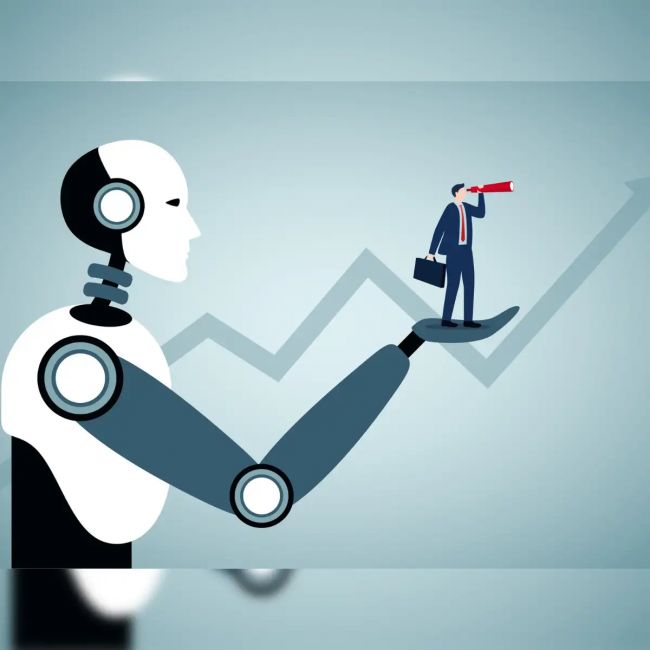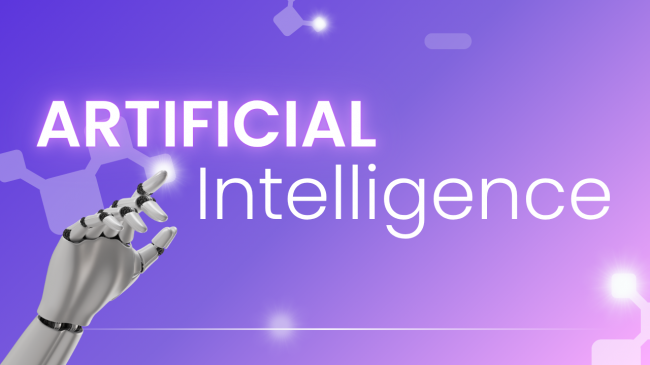In a swift pivot toward more proactive AI engagement, Meta is empowering its chatbots to initiate conversations unprompted across Messenger, WhatsApp, and Instagram—blurring the boundary between digital assistant and social companion. The change arrives via internal docs from data-labeling partner Alignerr, part of an internal push dubbed “Project Omni”, aimed at revitalizing engagement and retention in Meta’s AI Studio ecosystem.
Inside Project Omni: How the Bots Work
- Automatic follow-ups: Custom chatbots—like “The Maestro of Movie Magic”—can appear directly in users' chat threads, asking thoughtful follow-up questions.
- Trigger rules: They only ping users who've messaged the bot five times in two weeks and can send just one follow-up if ignored.
- Memory recall: Bots reference earlier discussions, reinforcing context and continuity using AI memory logs.
- Persona consistency: Trained via Alignerr’s internal system (SRT), each bot maintains a defined “character,” cross-checked for relevance, positivity, and policy alignment.
- Combat the "loneliness epidemic": CEO Mark Zuckerberg has signaled a focus on using AI to reduce social isolation and strengthen user connections.
- Drive platform retention: More conversation means more engagement — a key factor in monetization strategy; Meta expects $2–3 billion in generative AI revenue by 2025.
- Enter the AI persona arms race: Similar to Character.AI, Meta's proactive approach attempts to make chatbots feel personal, not reactive.
User Concerns & Criticisms
- Privacy creep: Some users on Reddit feel discomfort with bots reaching out, saying “I’ll just leave them unread,” signaling backlash to unsolicited AI intrusions.
- Misinformation risk: Given recent studies showing AI can confidently mislead about health topics, more frequent bot contact could compound the dangers of false or misleading advice.
- Content ethics: As bots become more assertive in memory-based engagement, there's growing caution over the type of content they recall—especially with past controversies around Meta's adult and underage AI companions.
- AI Studio expansion: First unveiled mid-2024, this platform allows anyone to craft customizable AI personas—public or private.
- Financial commitment: Meta plans a paid subscription for advanced AI features later in 2025 and is expanding its AI footprint with a standalone app and humanoid assistant initiatives.
The Takeaway
Meta’s new tactic marks a shift from passive AI tools to proactive companions—bots that remember, re-engage, and relate. While this could elevate user experience, it raises questions: will unsolicited reminders feel enriching—or intrusive? Can systems guard against misinformation while preserving emotional nuance? And will users welcome an AI that literally pings them first?
Meta's answer will shape the future of conversational AI—are bots friends, or just landing in your DMs uninvited?






James Wilson
Jul 5, 2025Meta's AI chatbot is a significant improvement over previous automated systems. It doesn't just respond to queries; it engages in meaningful conversations, remembers past interactions, and even adapts its tone based on the context. This advancement brings us closer to more human-like interactions in the digital space